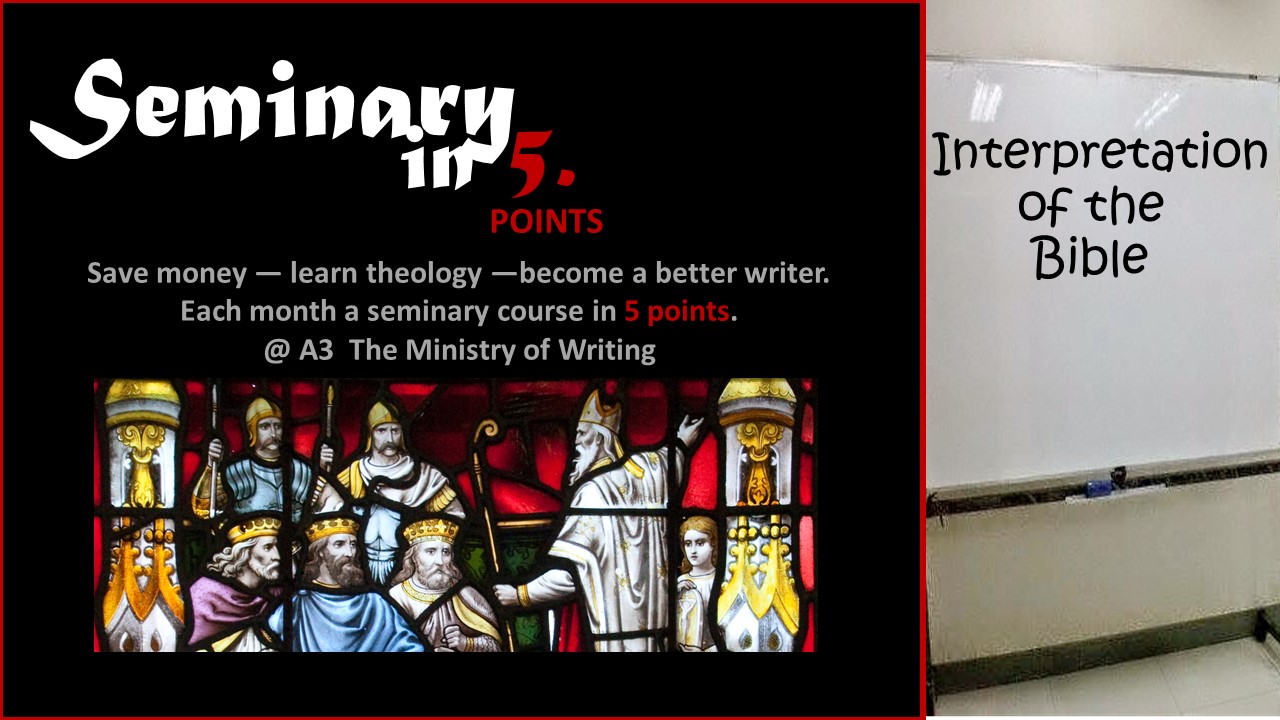
You are a Bible Interpreter — Seminary in 5: Interpretation of the Bible
Save money. Learn theology. Become a better writer. Minister more effective. That’s my hope for you. In this second…
December 10, 2016
Save money. Learn theology. Become a better writer. Minister more effective. That’s my hope for you. In this second…
December 10, 2016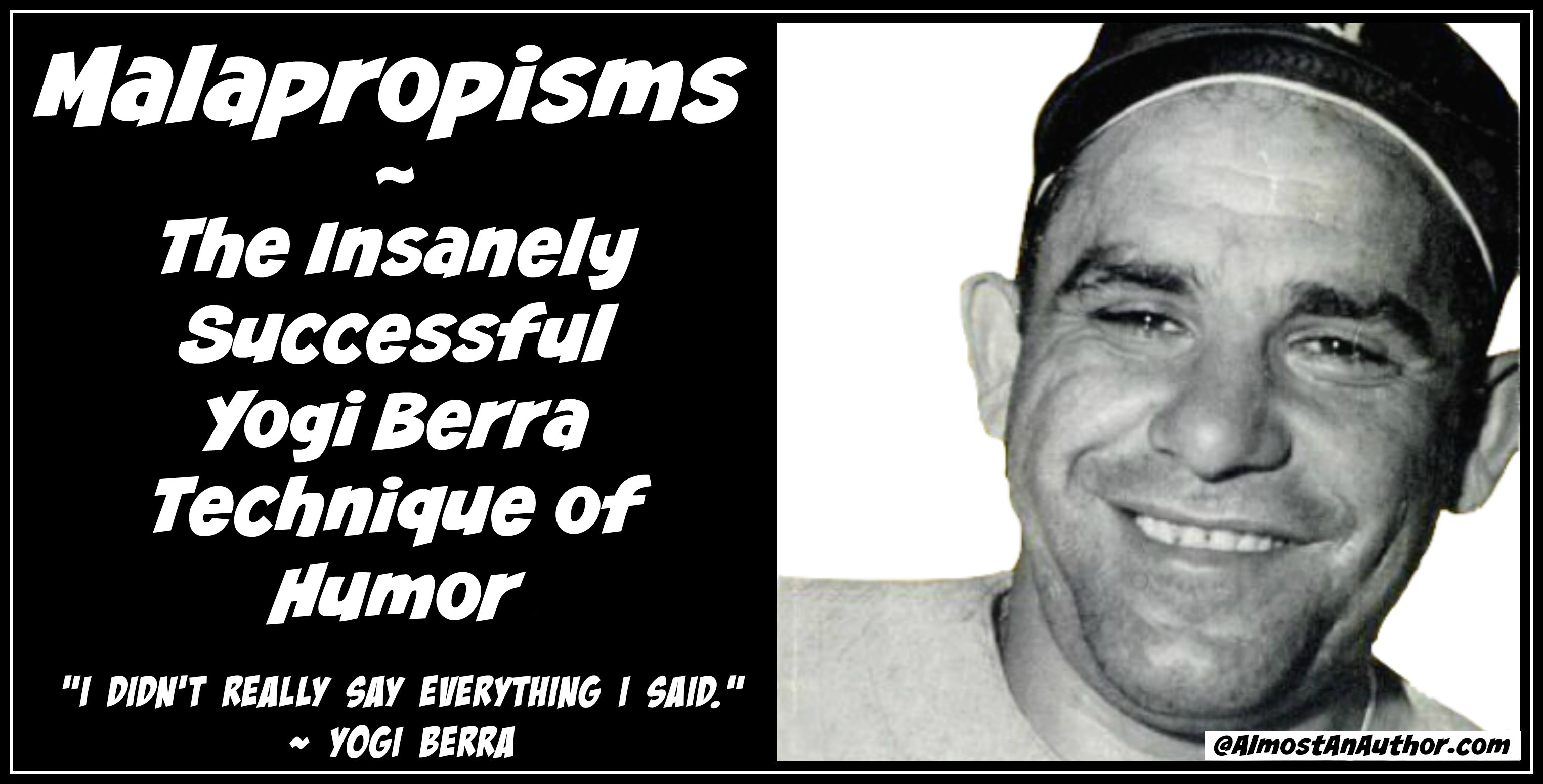
Malapropisms “When you come to a fork in the road, take it.” Say what? A malapropism sounds more like a…
November 24, 2016
Need a bit of insight as you ready the pen or laptop today? Consider the following from one of…
November 23, 2016
Writers write because we love to use words, but let’s face it––even though we say we write for ourselves,…
November 22, 2016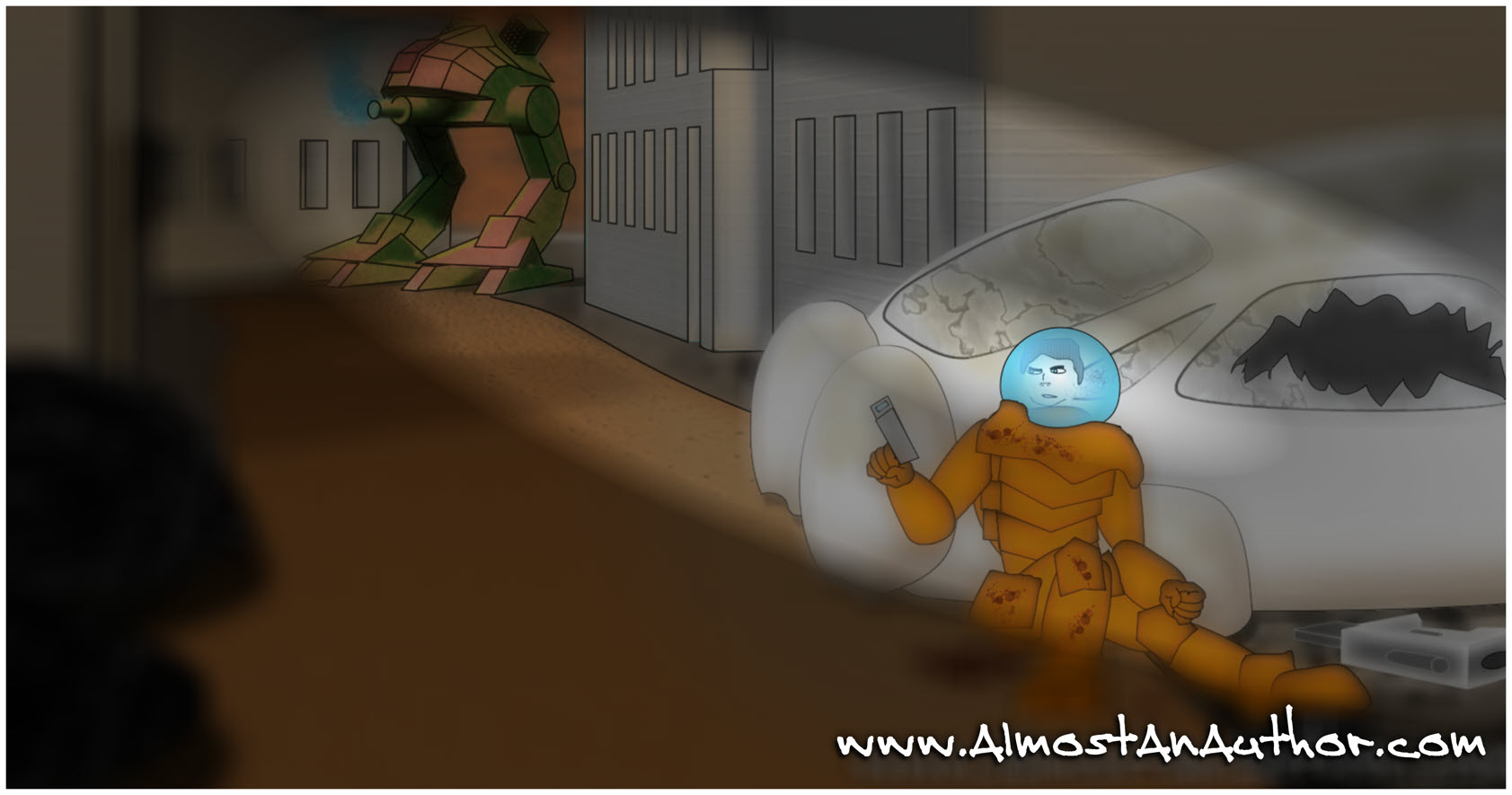
The carbine was still jammed and Jim couldn’t do anything to fix it. He finally tossed it aside and…
November 9, 2016
Save money. Learn theology. Become a better writer. Minister more effective. That’s my hope for you. In this second…
October 10, 2016
Welcome to The Efficiency Addict column, helping writers work more effectively every single day. For the next few months,…
September 25, 2016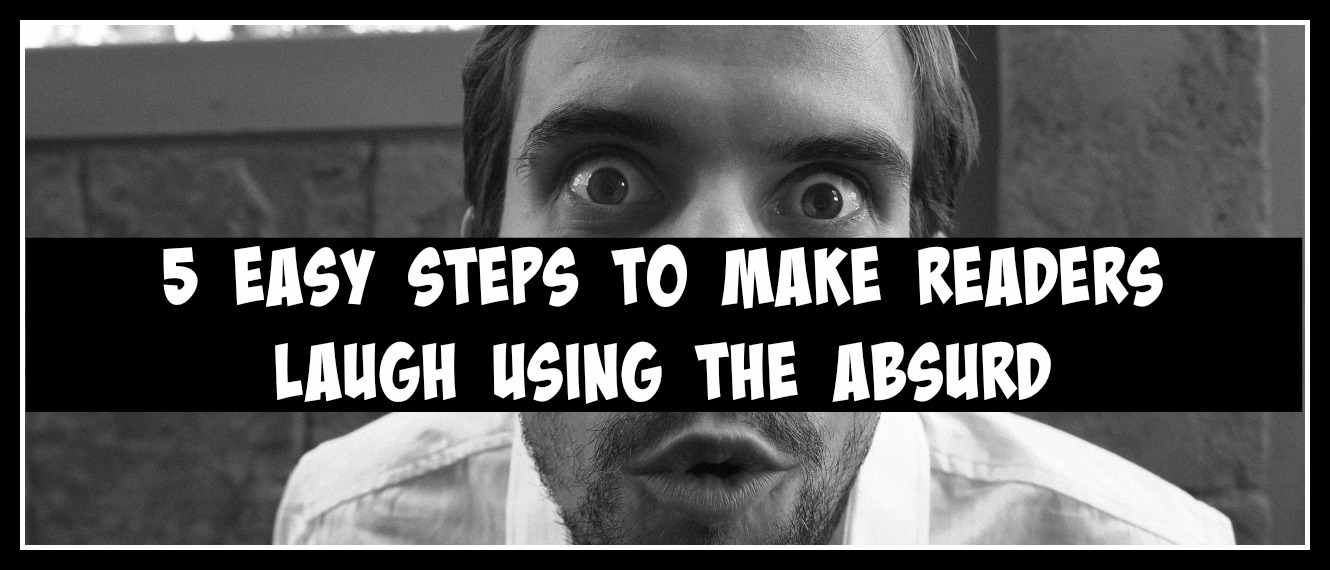
Ever laughed in an absurd situation or at an absurd time? Sure you have. We’ve all done it. Our friend…
September 24, 2016
This month’s post is all about words you might be hearing and saying and, consequently, writing improperly. We’re not…
September 17, 2016
Yes, we’re continuing to visit confusing words because the English language abounds with them. Here are a few…
September 17, 2016
Save money. Learn theology. Become a better writer. Minister more effective. That’s my hope for you. In this second…
September 12, 2016
As Tatooine’s twin suns slowly inch to the sand dunes in the horizon, a lone figure strains his eyes…
September 11, 2016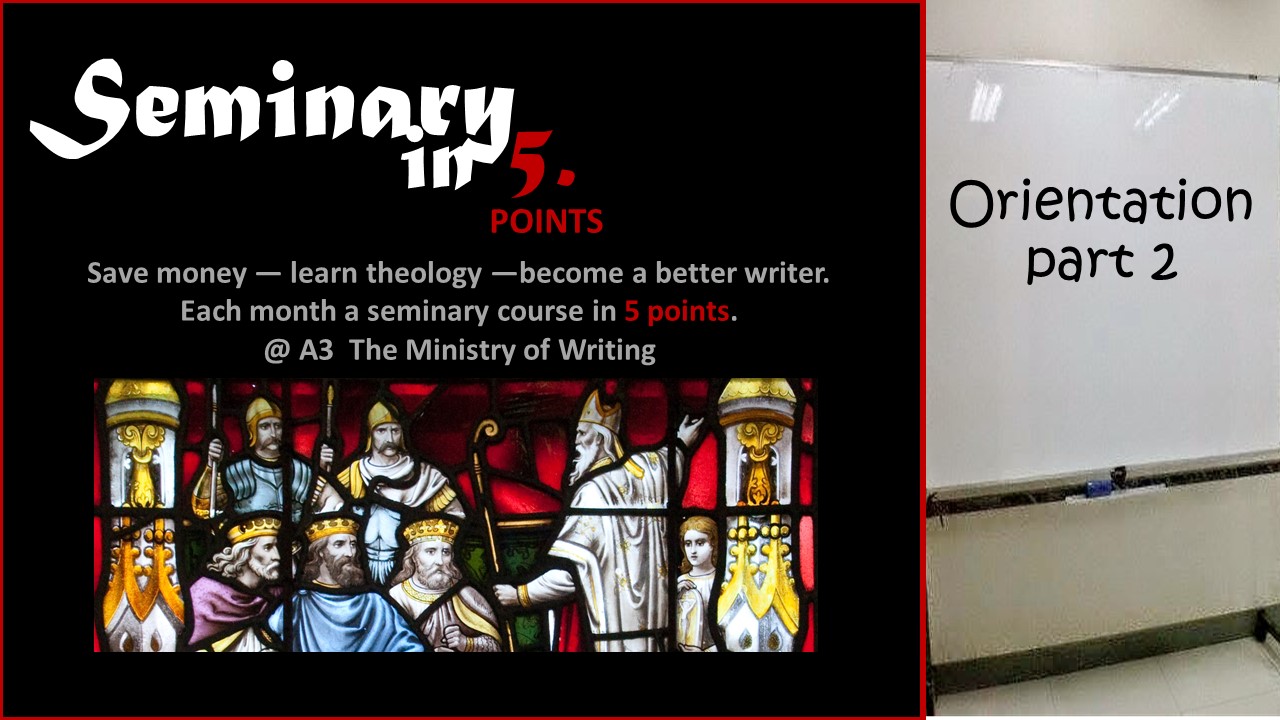
Save money. Learn theology. Become a better writer. Minister more effective. That’s my hope for you. In this…
August 9, 2016
The setting sold us. A property with mature trees and a creek running behind it. Even in March, with…
July 25, 2016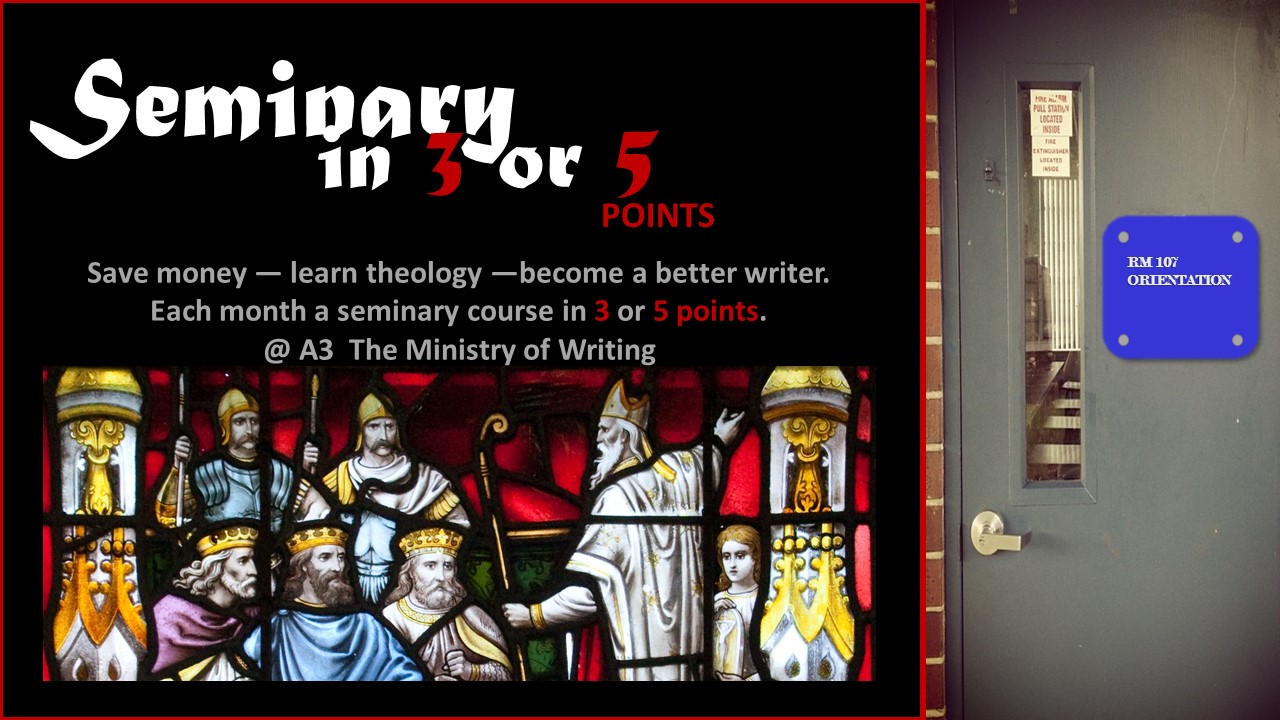
Save money. Learn theology. Become a better writer. Minister more effective. That’s my hope for you. In this second…
July 24, 2016
Once you’ve chosen the setting of your book—which we discussed in Part 1 of this series—it’s important to spend…
July 21, 2016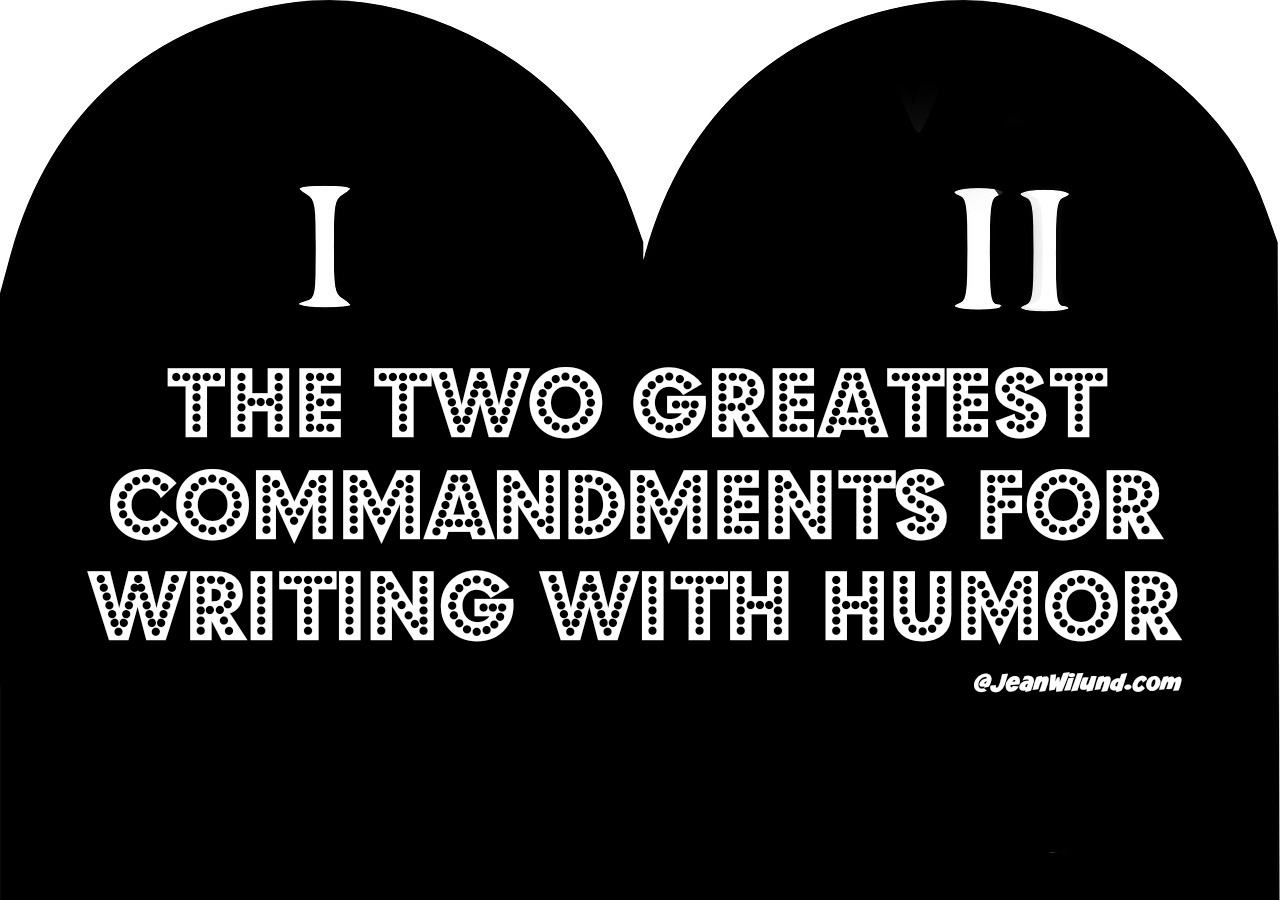
Thou Shalt write with humor. But how? By following these two commandments from humor author James N. Watkins: I. Thou Shalt…
June 27, 2016A writing acquaintance of mine recently posted about her disdain of the comma splice, more importantly, the proliferation of…
June 23, 2016
Setting is far more than the backdrop of a novel. It’s the environment that breathes life into a story. It…
June 19, 2016
As an editor, I frequently encounter homonym errors. Someone writes whether when they intend weather. Or peek when the…
June 11, 2016
Obstacles. Disguised in various ways, they reveal the same evil – blocks to what we want to achieve or…
June 2, 2016
Comedians Jerry Seinfeld and Michael Jr. may never suffer from comedic block, but those of us less endowed with…
May 23, 2016
As a Christian writer in your life or in your writing it is not merely about what you want…
May 21, 2016
Last month, I overheard a conversation about dangling modifiers. Lots of laughter. Lots of confusion. Lots of questions. “What’s…
May 9, 2016
Now that you’ve mastered the basics of plurals (see 2 + 2 Doesn’t Always = 4), let’s look at…
April 26, 2016